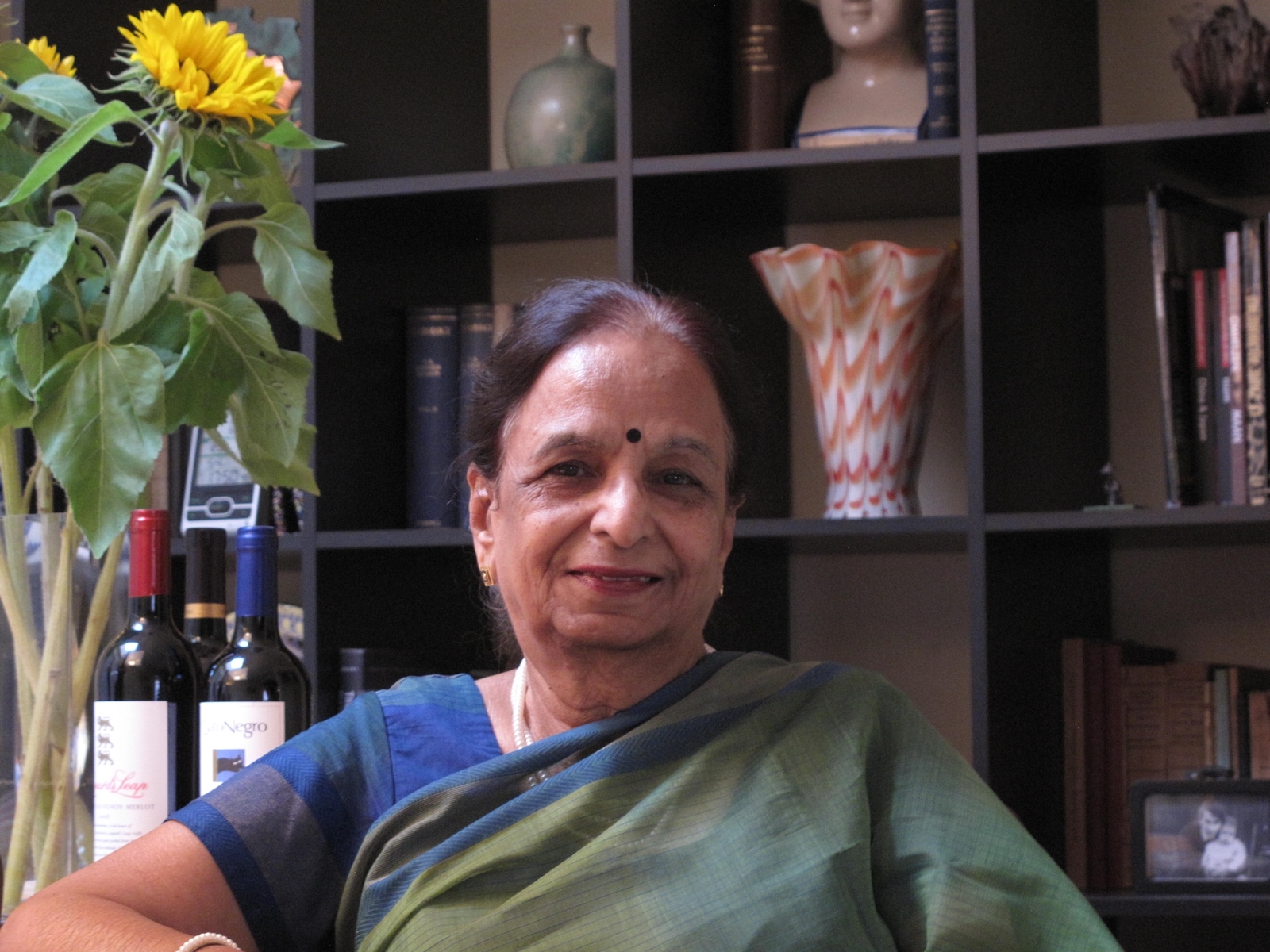Book Nook | ‘The journey within…’ : Jyoti Subramanian’s ‘Yog Uninterrupted’ connects many dots
Written with insight, the chapters include, why one practices yog; the need for a physically present satguru; what is the role of the ego; the role of morality in one's life and whether you are a Hindu if you practice yog.
 With a unique personal style of writing, Chandigarh-based Subramanian delves fearlessly into the concepts related to yog sadhana.
With a unique personal style of writing, Chandigarh-based Subramanian delves fearlessly into the concepts related to yog sadhana.It is a book that connects the dots, is born out of contentment, truth, realizations, and experiences that can be applied in life. ‘Yog Uninterrupted’, by Jyoti Subramanian, released in Chandigarh recently, is a work that is based on her personal experiences, and their application in daily life.
With a unique personal style of writing, Chandigarh-based Subramanian delves fearlessly into the concepts related to yog sadhana. Written with insight, the chapters include, why one practices yog; the need for a physically present satguru; what is the role of the ego; the role of morality in one’s life and whether you are a Hindu if you practice yog. Filled with many vignettes, the book reveals the author’s journey and her introspection on the true nature of the self, “Whatever I have learnt, are my own realizations and how to apply these in life are the core of this book.
The spirit is only love, it is still, has no turbulence. This book is for yog practitioners, teachers, whoever is interested in yog,” shares Subramanian, who has been sharing the practice of yog in Chandigarh since 1999, specialising in the a niche and evolutionary form. She was introduced to yog at age eight and says that it permeates every aspect of her life, and she shares it with others through online and personal classes. In the book, Subramanian delves fearlessly into the tenets of the ashtanga, eight limbs of yog. The book is filled with many nuggets of wisdom and information for yoga aficionados, both advanced and basic practitioners as well as teachers, and catalogues the various stages a yog practitioner will encounter while on their chosen path with tips to transcend them.
Her earlier book, ‘One Master one disciple- peeling of an onion’ was about discipleship; this book is about the grace accrued from that sacred commitment to the Satguru. Jyoti was introduced to the concept of yog- yam, niyam, asan and pranayam by her father and practiced it throughout her adolescent and married years. She was introduced to the higher stages of yog sadhana by her teacher Yogiraj Siddhanath in 1998.
In the true lineage of the guru-shishya parampara she spent over 24 years under his tutelage. Today Jyoti, immersed in her own sadhana, is creating an online repertoire of yoga practices to share with others all that was of immense benefit to her. The book, she adds, started as a collection of her writings, blogs and articles and a request from students.
“As I began writing, the information, learnings and experiences of over 55 years on this path made their way into the book, making it a work of my entire life, understanding this personal journey. The effort is to provoke thought so that practitioners can use this in their own paths. The book is in-depth, and an attempt to share one’s journey with others.”
Writing since school, the author says that the chapters in the book are not connected, and can be read from anywhere, as the aim is to provoke thoughts, and discern. “Alertness is vital, for yog is a process by which you understand how God is within you. It is not gymnastics, but a way to delve deep into our own inner selves.”
A way, with words
Madhur Kapila’s last novel, ‘Nishesh’, is the story of a girl who bears the trauma of the Partition of India in her being.
 Madhur Kapila
Madhur Kapila
Novelist, journalist, art critic and reviewer of Hindi literature, Madhur Kapila’s style of writing has mostly been a mix of descriptive, reflective and narrative. Her fourth and final novel, ‘Ni: Shesh’ Batwarey Mein Bikhari ek Aurat ki Katha (Penguin India) released recently in Chandigarh can be closely translated into English as, ‘When nothing more can be said’ or ‘The Last Word’. This novel was written with passion and urgency as she battled failing health and came out when she had bid adieu to the world from which she drew her characters and stories. Nishesh is a set apart from her previous novels by the fact that it is interspersed with the protagonist writing an online blog and sharing her thoughts through her interaction with the blog’s readers. “She shared with me that this novel had been gestating in her for a very long time. That many short stories had pushed their way out before this novel fully occupied her mind and totally consumed her to start giving it shape and form,” shared Ashish Kapila, the author’s son.
Nishesh is the story of a girl who bears the trauma of the Partition of India in her being. Like all novels it is part fiction and part truth and begins in Jalandhar where the young Niki watches with unspoken pain dear neighbours fleeing or being killed before they could flee. The slogans haunt her for long and as she grows up to marry and make a home with her husband who is deeply enmeshed in his work. Memory fights forgetting as she builds a world for herself word by word, thought by thought questioning the real meaning of Independence, the place of memory in existence and the eternal search for love. Nishesh brings forth the potent question of the actuality of “freedom” and how we give it meaning as an individual.







